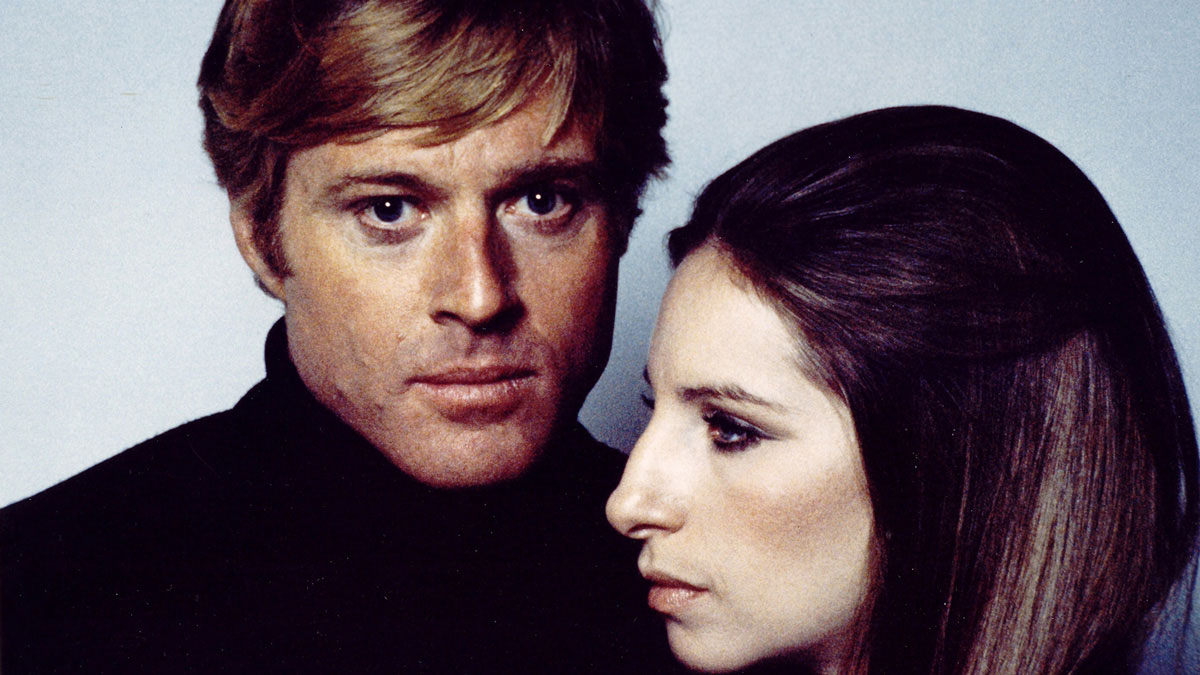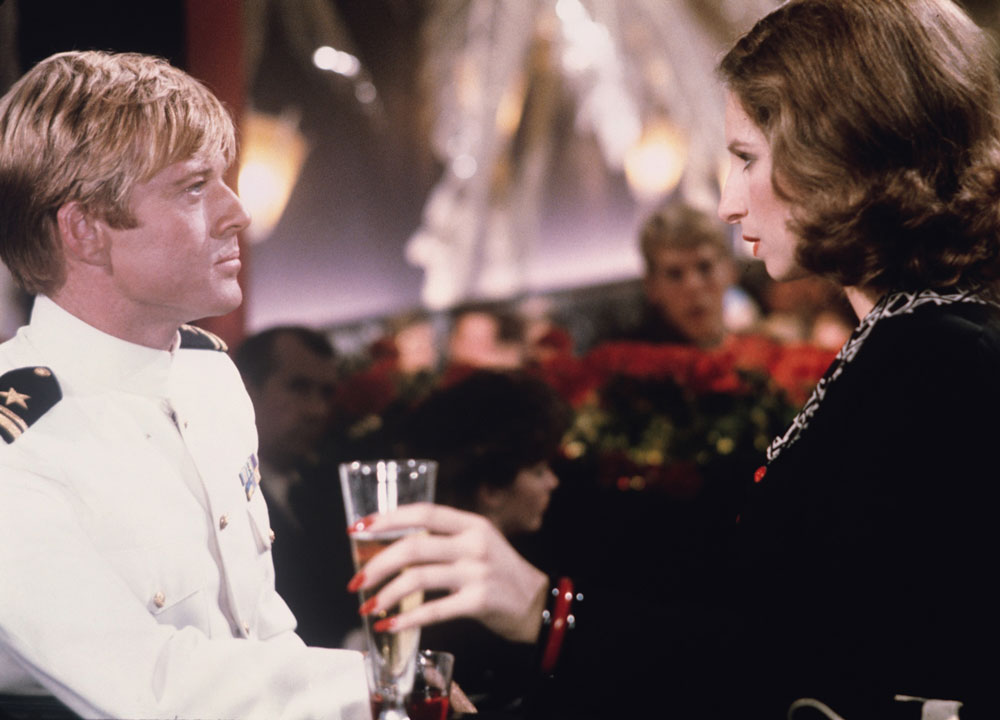
(c) Photofest / Getty Images
“The Way We Were” Romance or political? What is the battle between Sidney Pollack and the screenwriter?
2019.07.24
The conflict between love and principle
Late 1930s. Katie works part-time at a restaurant and a printing shop while attending university, and combines her studies with anti-government activities. For Katie, who doesn't iron her curly hair, sips beer loudly, and doesn't care about appearance or manners, Havel, a popular member of a celebrity group and a man of both literature and martial arts, is a dazzling presence. On the other hand, Havel, who lives a peaceful life in a privileged environment, secretly feels dazzled by Katie, who prioritizes ideology without worrying about what others think of her.
The two meet again in New York. Out of nostalgia, Katie invites Havel to her home and spends the night with him for the first time. From there, the two began dating. However, after all, they are people living in different worlds. One day, Katie is invited to a party with Havel's non-poly friends from college, and she can't stand their frivolous interactions and ruins the mood. Havel can't keep up with Katie's stubbornness and breaks up with her. However, Katie cannot accept losing him and begs him to be her best friend by her side. In the end, the two got back together.

“The Way We Were” (c)Photofest / Getty Images
Eventually, at Katie's urging, Havel begins his career as a writer, gets married, and moves to Hollywood. The era was in the midst of the "Red Scare." Although Katie could not tolerate the financial thinking of the movie people Havel dated, she was pregnant with Havel's child and the couple remained on good terms. However, Katie, who cannot tolerate political tyranny such as setting up wiretapping devices to expose communists, finally overcomes Havel's opposition and goes to Washington to protest. When Katie returns to Hollywood and becomes a media fodder, Havel tells her that she should value her comfort as a person more than her principles, but Katie insists that principles are what feeds people.
The gap between the two cannot be bridged, and eventually the time comes for them to truly part.
The completed "political love romance"
Even if people love each other strongly, there are boundaries that cannot be compromised. There are times when loved ones cannot resist the rapid changes in society that affect their fate. The completed script, including the painfully painful second reunion scene at the end, naturally combines the political elements that Arthur Laurents couldn't resist, and the romantic elements that Sidney Pollack desperately defended. I think they are antagonistic.
The cunning of people who live their lives by pandering to society, and the naivety of people who can only prove themselves by fighting against society, combine to add a complex flavor to this love story. In the end, the conflict surrounding the script may have resulted in the movie ``The Way We Were'' being an honorable work that can be categorized as a ``political love romance.''

